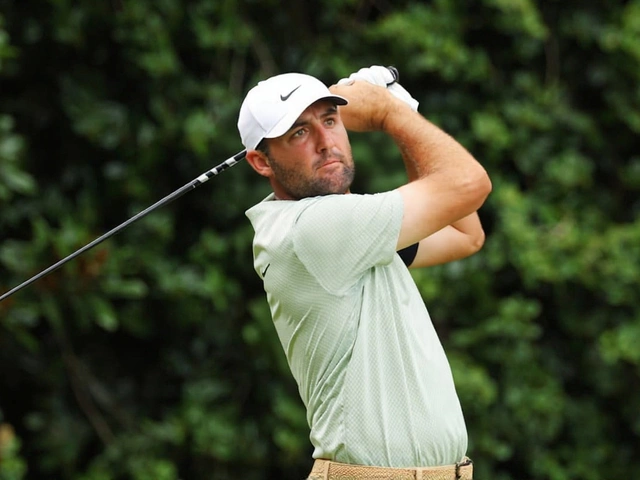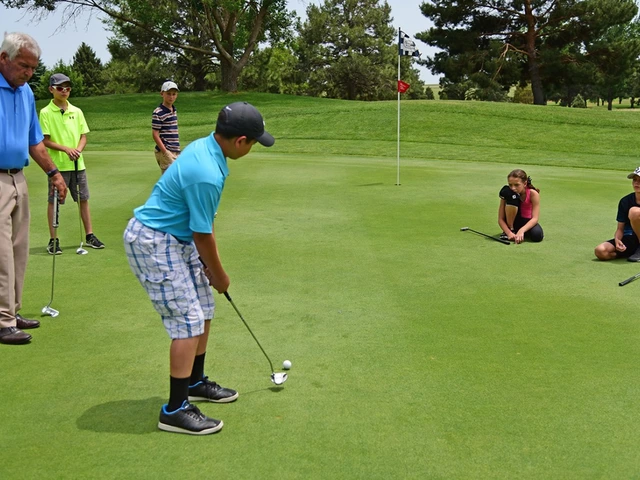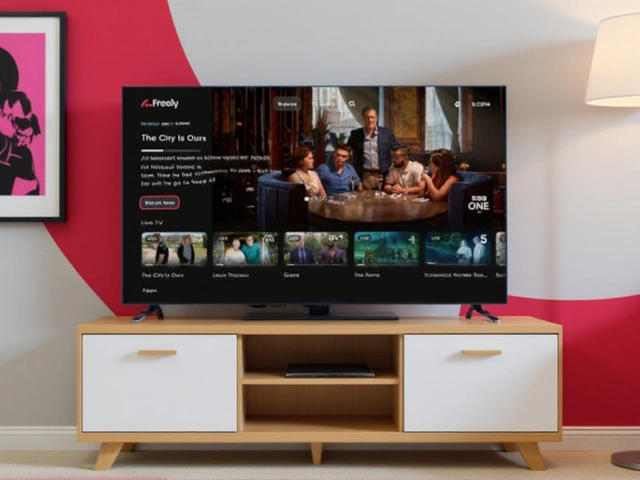BBC Proposes Simplified Streaming Device to Avoid Digital Exclusion as UK TV Shifts Online
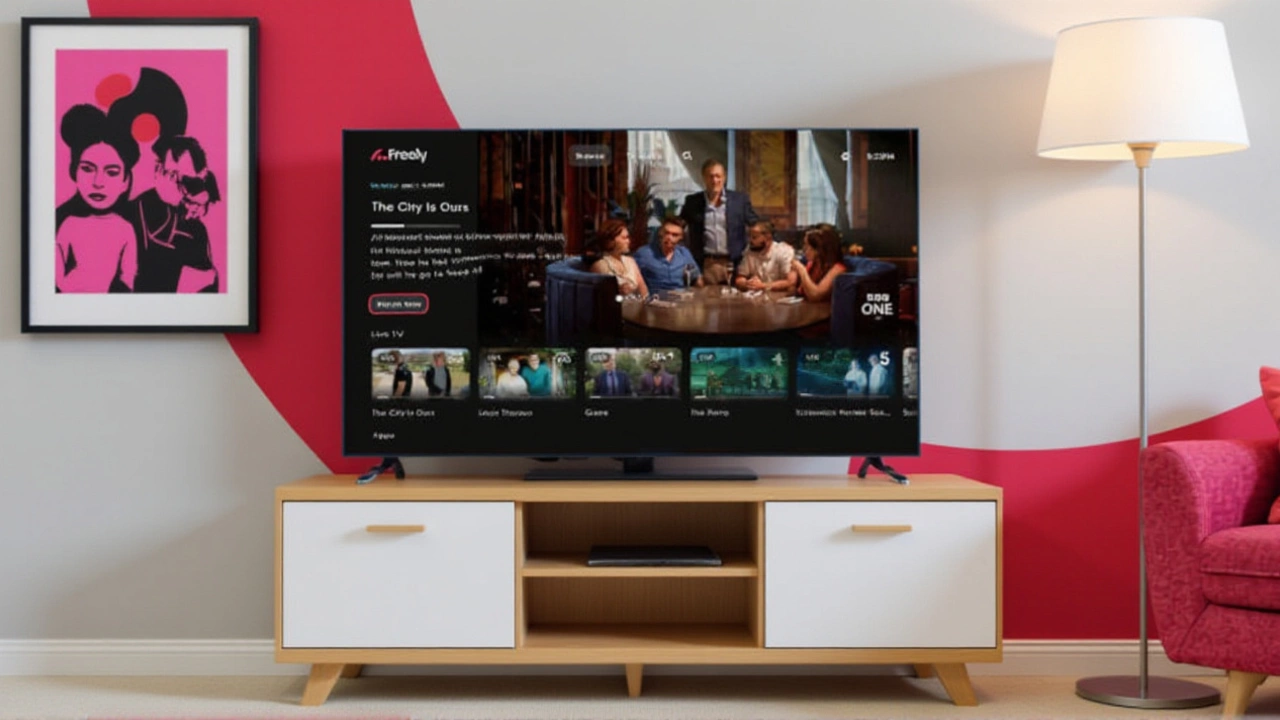
By 2034, nearly every UK household could be watching TV exclusively over the internet — but millions of people are still at risk of being left behind. On August 11, 2025, the BBC and Everyone TV released a startling analysis showing that a fully inclusive shift to internet-based television could add between £21.1 billion and £30.8 billion annually to the UK economy. The report, commissioned from PwC and built on HM Treasury’s Magenta Book methodology, isn’t just about technology. It’s about people — specifically, the 7 million homes still not online, and the vulnerable groups who might never make the jump without targeted help.
The Three Groups at Risk
It’s not random who’s being left out. The PwC analysis zeroes in on three demographics facing real barriers: unemployed people struggling with affordability, individuals with disabilities encountering inaccessible interfaces and low digital literacy, and those over 75 who simply don’t trust or understand the tech. These aren’t abstract statistics. These are your neighbors. Your parents. Your grandparents who still watch Coronation Street on a boxy TV with an aerial, unsure how to press the red button — if they even know it exists.
As of Spring 2025, 85% of UK households with TVs are connected for online viewing. That sounds impressive — until you realize 15% still aren’t. And of those connected, 25% (7 million homes) already watch nothing but streaming. The tipping point? 2029. After that, more than half of all UK households will ditch traditional broadcast TV entirely. By 2034, connectivity will hit 97% — if nothing changes.
"Radically Simplified" — The BBC’s Bold Bet
At the Lowry Theatre in Salford, near the BBC’s new northern campus, Director-General Tim Davie didn’t just present data. He made a promise. "We want to double down on Freely as a universal free service," he said. And he didn’t stop there. The BBC is actively exploring a new streaming device — one designed from the ground up for people who’ve been ignored by tech companies for decades.
Forget complicated menus. Forget voice commands that misunderstand accents. This would be a box with one button to turn it on, a single remote with big, clear labels, and no passwords to remember. No app stores. No subscriptions. Just live TV — BBC, ITV, Channel 4, all delivered over broadband, free at the point of use. "We’re considering a streaming media device with Freely capabilities built in," Davie said, "with a radically simplified user interface specifically designed to help those yet to benefit from IP services."
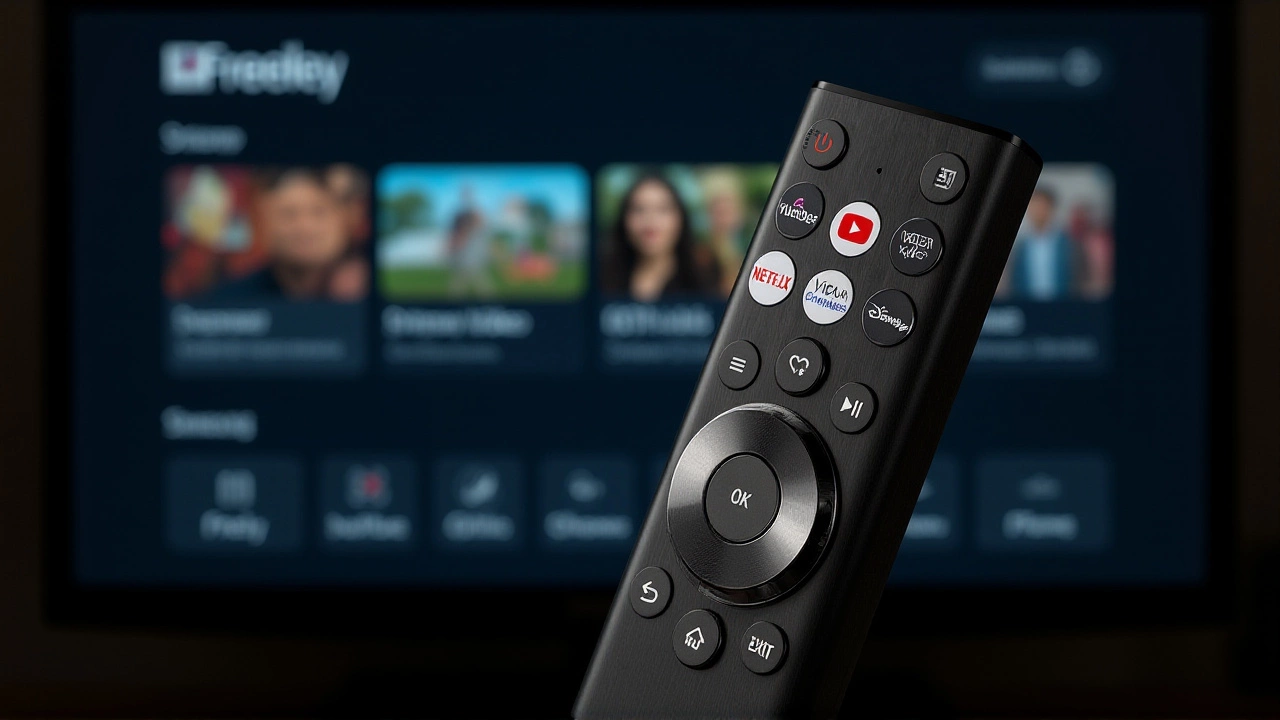
Why This Isn’t Just About TV
The economic numbers are eye-popping — £21.1 billion to £30.8 billion in annual Gross Value Added — but the real value isn’t just in GDP. It’s in jobs. In independence. In connection.
People who get online access don’t just watch more TV. They apply for jobs through government portals. They book doctor’s appointments. They video-call family. They access benefits, education, and emergency alerts. The Department for Science, Innovation and Technology (DSIT)’s Digital Inclusion Action Plan and the Department for Work and Pensions (DWP)’s Get Britain Working programme are already trying to close these gaps. But they’re running on parallel tracks. The BBC’s Freely initiative could be the missing link — a public service that doesn’t just inform, but includes.
"If people can’t find our services, and prominence is simply secured by the highest bidder," Davie warned, "then we can’t build connections and trust." He’s calling on Ofcom to act fast, and on the government to guarantee that public service broadcasters aren’t pushed off screens by paid algorithms.
The Government’s Role — And the Stakes
This isn’t a request. It’s a challenge. The BBC isn’t asking for more funding. It’s asking for a commitment: a legally backed, time-bound plan to phase out traditional broadcast TV by the 2030s — but only if every household has a viable, affordable, accessible alternative. That means subsidies for low-income families. Training programs for older adults. Accessibility standards for devices. And crucially, a guarantee that Freely remains prominent on all platforms — not buried under Netflix and Amazon Prime.
"We need a clear commitment from the Government," Davie said. "The stakes are very high. We need rapid, bold intervention."
AbilityNet, a digital inclusion charity, called the report "a sobering yet timely analysis." They’re right. The transition is already happening. The question is: who gets to ride the wave — and who gets left on the shore?
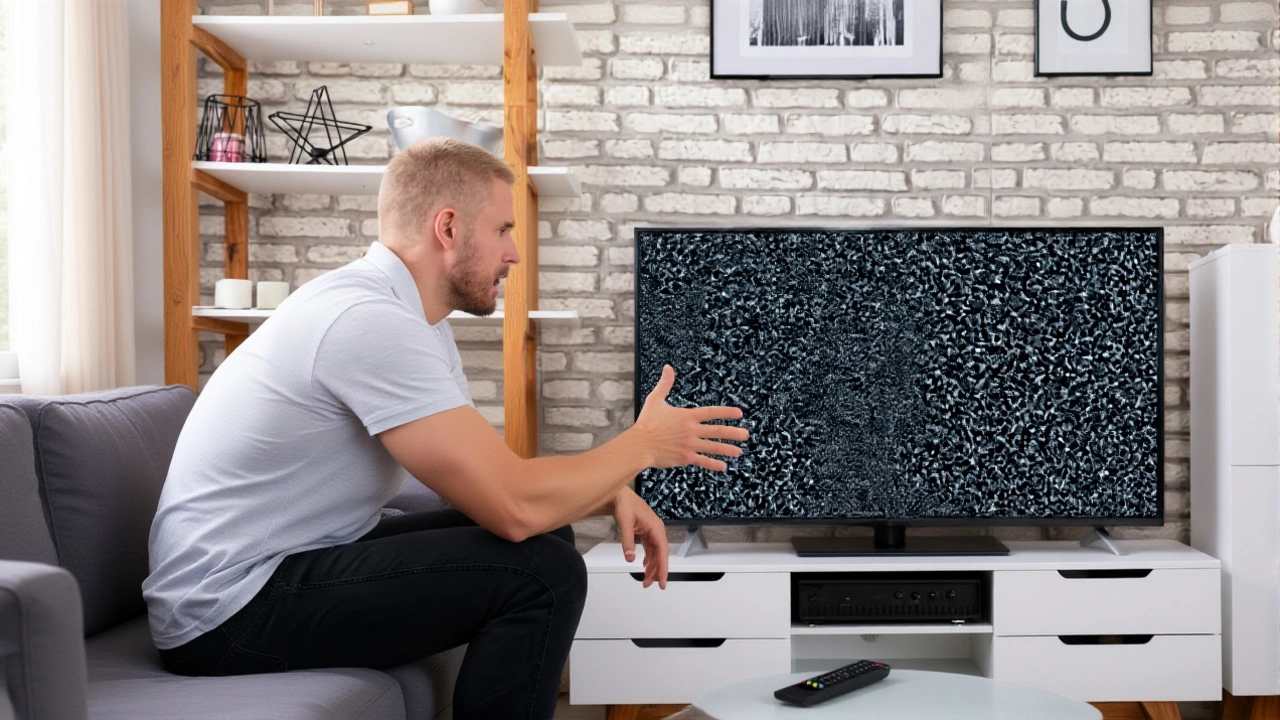
What Happens If We Don’t Act?
Imagine a future where your elderly aunt can’t watch the news because her TV no longer receives signals. Where a single mother on universal credit can’t access job training videos because she can’t afford broadband. Where someone with a visual impairment can’t navigate a streaming app because it wasn’t designed for screen readers.
That’s not dystopia. That’s the path we’re on if the UK rushes into an IP switchover without inclusion at its core. The cost won’t just be economic. It’ll be social. Isolated. Forgotten. The BBC’s Freely device could be a lifeline — but only if the government backs it with policy, funding, and urgency.
Frequently Asked Questions
How many UK households still rely on traditional TV signals?
As of Spring 2025, 15% of UK households — roughly 4.2 million homes — are not yet connected for online TV viewing. Of these, many still use terrestrial or satellite signals. Without intervention, these households risk losing access to live TV entirely after the 2030s IP switchover, particularly if they cannot afford broadband or lack the skills to use streaming devices.
What is Freely, and how is it different from other streaming services?
Freely is the BBC’s proposed free, ad-supported streaming platform delivering live TV over broadband. Unlike Netflix or Amazon Prime, it won’t require subscriptions or credit cards. The BBC is developing a dedicated hardware device with a radically simplified interface — large buttons, voice-guided navigation, no login screens — specifically for older adults and people with disabilities. It’s designed to be plug-and-play, with no technical setup required.
Why is the 2029 tipping point so critical?
By 2029, more than half of UK households are projected to watch TV exclusively via the internet. That’s when broadcasters and manufacturers will begin phasing out support for traditional broadcast signals. If vulnerable groups aren’t onboard by then, they’ll be locked out permanently. The window to act is narrow — and the cost of delay is measured in loneliness, lost opportunity, and broken trust in public services.
What’s the government’s current stance on this transition?
The UK government is currently consulting on the future of TV distribution but has not yet committed to a timeline or funding for inclusive access. While the DSIT and DWP have digital inclusion programs, they’re fragmented. The BBC is urging ministers to align these efforts with the Freely initiative and legally mandate prominence for public service broadcasters on all platforms — a move critics say is essential to prevent corporate dominance of the digital TV landscape.
Could Freely replace Freeview?
Yes — and that’s the goal. Freely is intended to be the next-generation successor to Freeview, but delivered over broadband instead of aerial signals. Unlike Freeview, which requires a TV with a built-in tuner, Freely would work on any broadband-connected device — including the BBC’s proposed simplified box. The key difference: Freely is designed to be inclusive from the start, not bolted on after the fact.
What happens to people who can’t afford broadband?
Without intervention, they’ll be excluded. The BBC and PwC stress that affordability is the biggest barrier after age and disability. The report calls for a national broadband subsidy scheme tied to the digital TV transition — similar to the UK’s 2012 switchover support for analog TV. Without it, the £30.8 billion economic gain will be unevenly distributed, and the digital divide will become a chasm.

